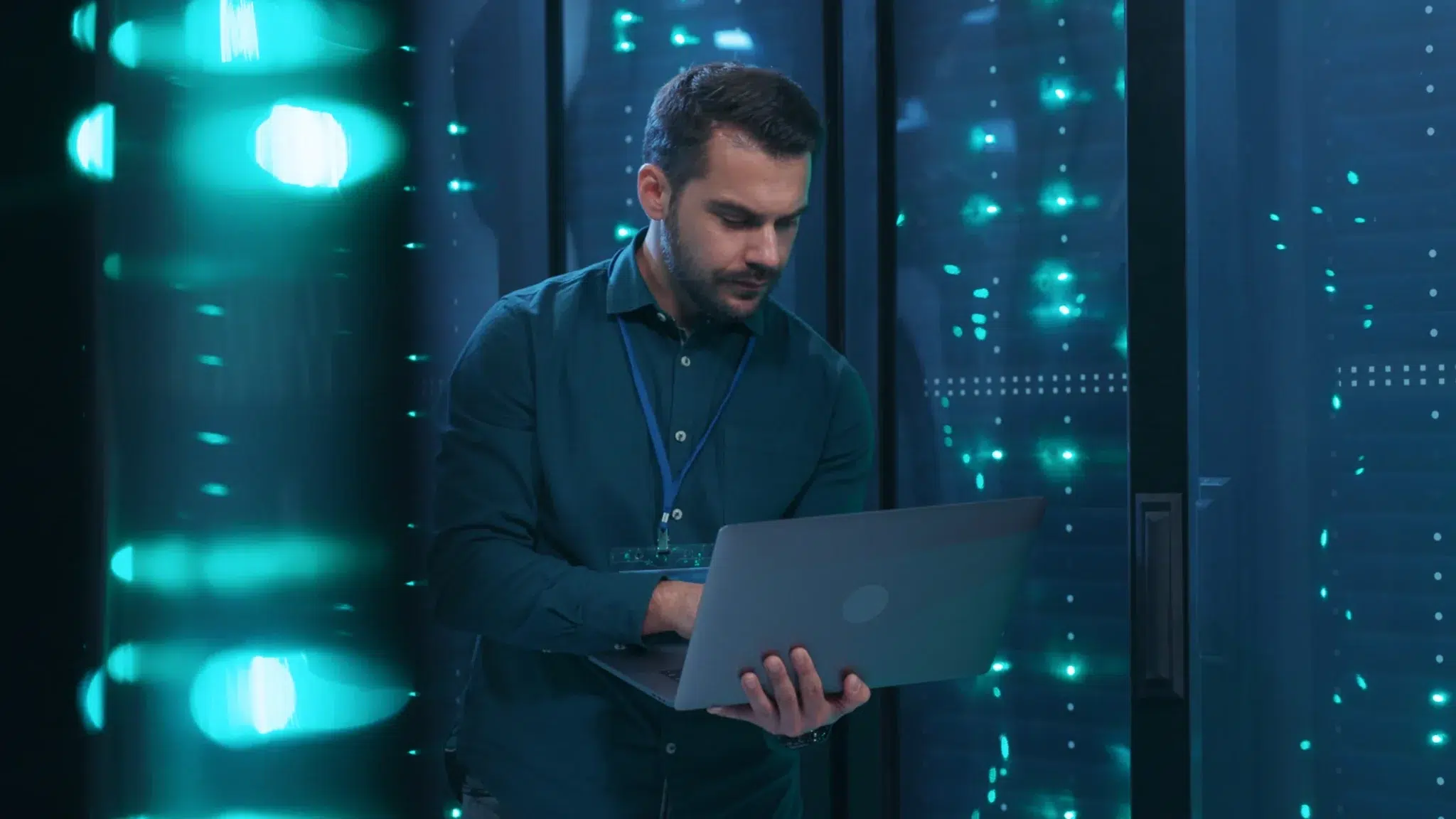DevSecOps
Consulting Services
DevSecOps
Consulting Services



Enhance Security and Efficiency with Expert DevSecOps Automation Services
Automation of the technology infrastructure has moved from a nice efficiency to a necessity. When you combine the increased security demands with the increased complexity of cloud and on-premises environments, repeatability and automation are essential. Gain the automation know-how together with DevSecOps consulting services and technical expertise in security, infrastructure management, application development and operation to increase your security and reliability.
Always done through a security lens, our team can easily work within your existing systems and process or provide you guidance on new approaches that will give you a launchpad for successful DevSecOps application development and maintenance.
- Reduce time for development
- Improve application and data security
- Integrate and maintain app workflows
Together, we’ll start by building a strategic cloud architecture plan by asking essential questions about your objectives. With GAP’s team, you’ll gain a team of experts who possess all the necessary skill sets to succeed, including cloud-native development, microservices, containers, serverless, Big Data and testing.
Why Do Companies Need DevSecOps?
Before agile methodologies emerged, software developers would submit requests to IT for infrastructure and often wait days (or even weeks) for their servers. Today, cloud infrastructure provisioning is fully automated, significantly enhancing development productivity and accelerating time to market.
However, going fast isn’t enough. Accuracy still matters. And this increase in velocity must be coupled with robust security practices to ensure potential flaws do not go unnoticed.
In this fast-paced environment, post-development security reviews of new software versions and cloud infrastructure configurations can create bottlenecks. Technology keeps moving. Even when issues are identified, there often isn't enough time to address them properly before the next version or feature is released.
To meet customer demands, organizations must maintain a fast-paced environment for scaling and growth. Security needs to be integrated from the start, with practices that adapt to the development lifecycle. With security as a focus, this refined approach ensures potential issues are identified promptly and addressed effectively.
With DevSecOps, security is integrated early in the development cycle, significantly reducing risks. Integrating code analysis tools and automated tests earlier in the process can lead to better identification and elimination of security flaws. And, as the software reaches the deployment stage, everything works smoothly as anticipated.
Security is not an add-on; it’s an essential design feature. With the increasing frequency of cyber threats and stricter regulations, integrating security into DevOps has become a necessity, not an option.


Security Point of View
There is an universal truth in cybersecurity: Perfect security is a fallacy, which means ensuring absolute security is an impossible goal, despite using the best frameworks and practices available. This is because of:
- The evolving threat landscape
- Complex codebases
- Third-party integrations with other systems or services
But there is one thing we can do — we can reduce the probability of a security breach to a minimum by building resilient, adaptable and well-defended systems that can mitigate risks and recover quickly in the event of an attack.
Implementing Security into DevOps is not only about adding a layer of security checks, but embracing security in the whole software development lifecycle. This means teams can identify and fix vulnerabilities early in the process, reducing the risk of security breaches. DevSecOps is more of a culture where security is a shared responsibility across the entire development team.
Why GAP
The reality is there’s no one-size-fits-all approach, which is where GAP expertise becomes a key partner. DevSecOps requires advanced knowledge across a range of technologies, including:
- Continuous integration and delivery pipelines
- Secure coding techniques
- Static application security testing (SAST)
- Dynamic application security testing (DAST)
- Supply chain security, risk and vulnerability management
- Security compliance frameworks
As things move fast, it can be hard to stay up-to-date while learning it all on your own. GAP is a trusted solutions partner that provides expertise in DevOps and security practices, making it invaluable for developing a strategic cloud architecture plan that can maintain workflows and reduce development time, while improving application and data security.
RELATED INFORMATION

October 7, 2024
Top 5 Benefits of Adopting DevSecOps in Your Organization
Gone are the days when efficiency alone was the primary concern in software development. DevOps methodology emerged as a logical response to the call for increased efficiency and shorter development times. However, as new technologies and modern approaches such as agile processes impact software development processes, there is now a rising demand for sophisticated security […]
Read More
April 16, 2024
Agile QA Automation in DevOps: Driving Seamless Integration, Continuous Feedback and Quality at Speed
To remain on point with modern development practices, there’s a growing need for integrating traditional quality assurance (QA) processes with automation, DevOps and non-waterfall models (i.e., Agile). While QA automation streamlines testing, DevOps practices ensure continuous integration and delivery. Together, they enable faster, more reliable software releases. Let’s explore how DevOps and Agile practices support […]
Read More
April 13, 2022
DevSecOps, Software & Data Engineering
Writing Throwaway Code, Part I: A file at a time using Ruby and Bundler inline
This article provides insights into how our backend developer sometimes leverages throwaway code. Maybe you’ll learn something to apply to your next learning venture.
Read MoreGet a Free Consultation
TALK TO GAP EXPERTS AND ENGINEERS TODAY.
Ready to put our team to work for yours? Let’s get started. We specialize in custom software development and create data solutions to accelerate your digital transformation journey. GAP also consults on technology solutions to drive business outcomes, and helps technology teams scale faster when they lack the resources or expertise. If you’re ready to dive in, let’s make innovation your competitive advantage.
